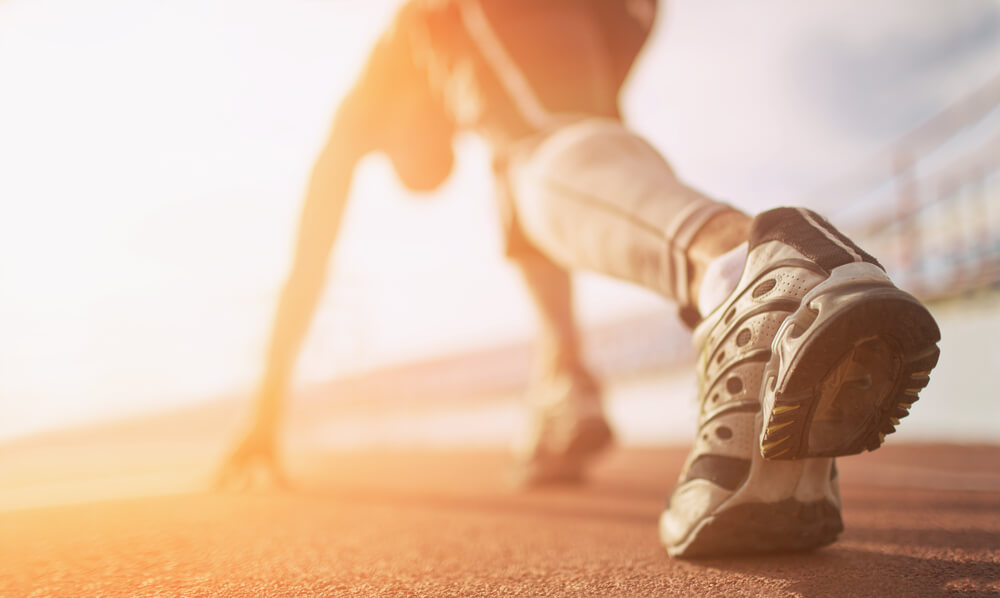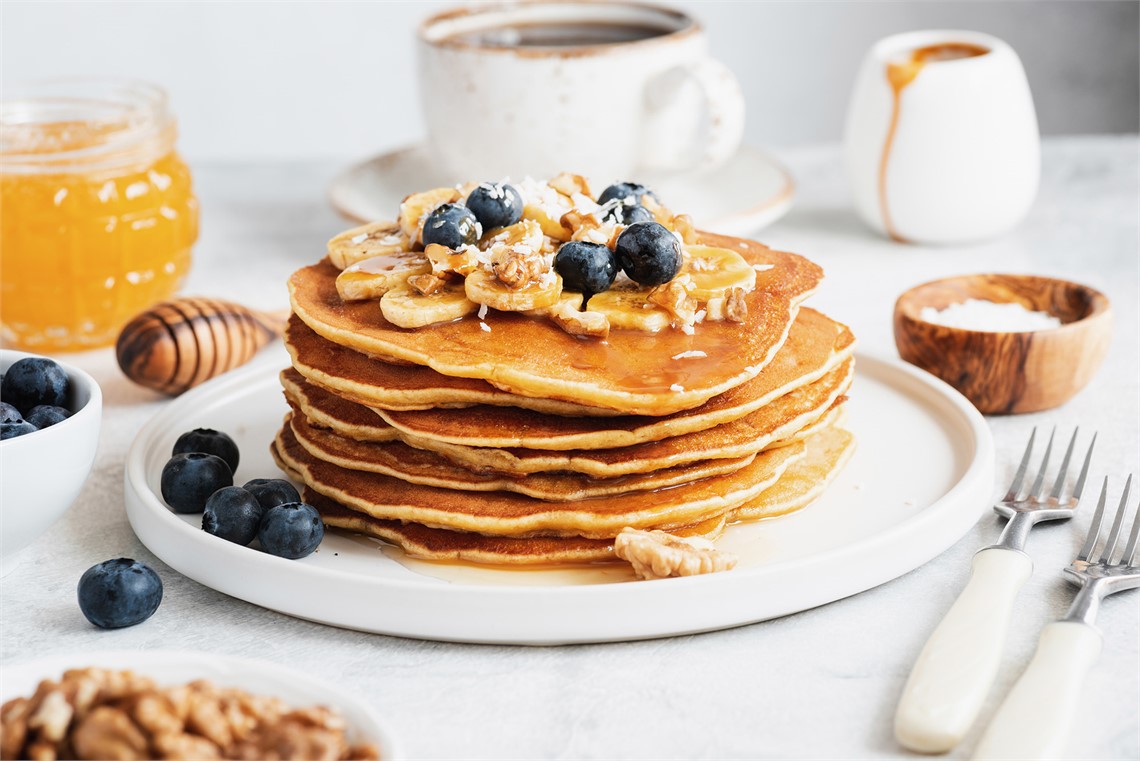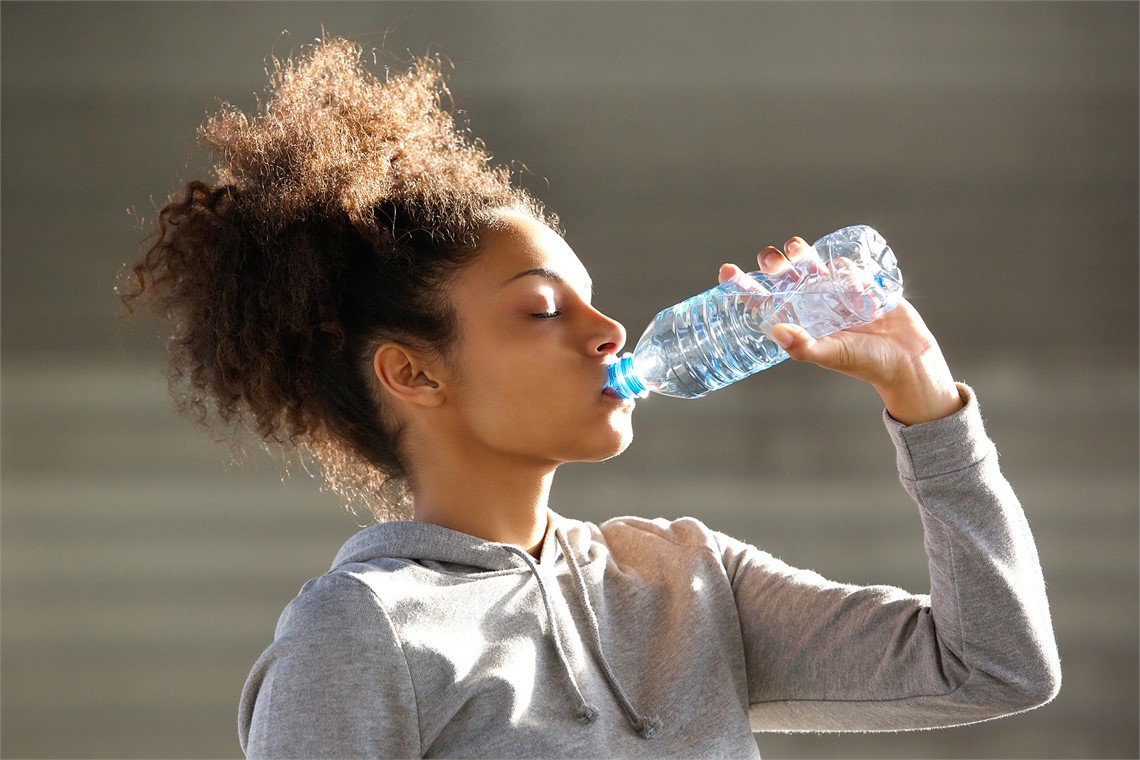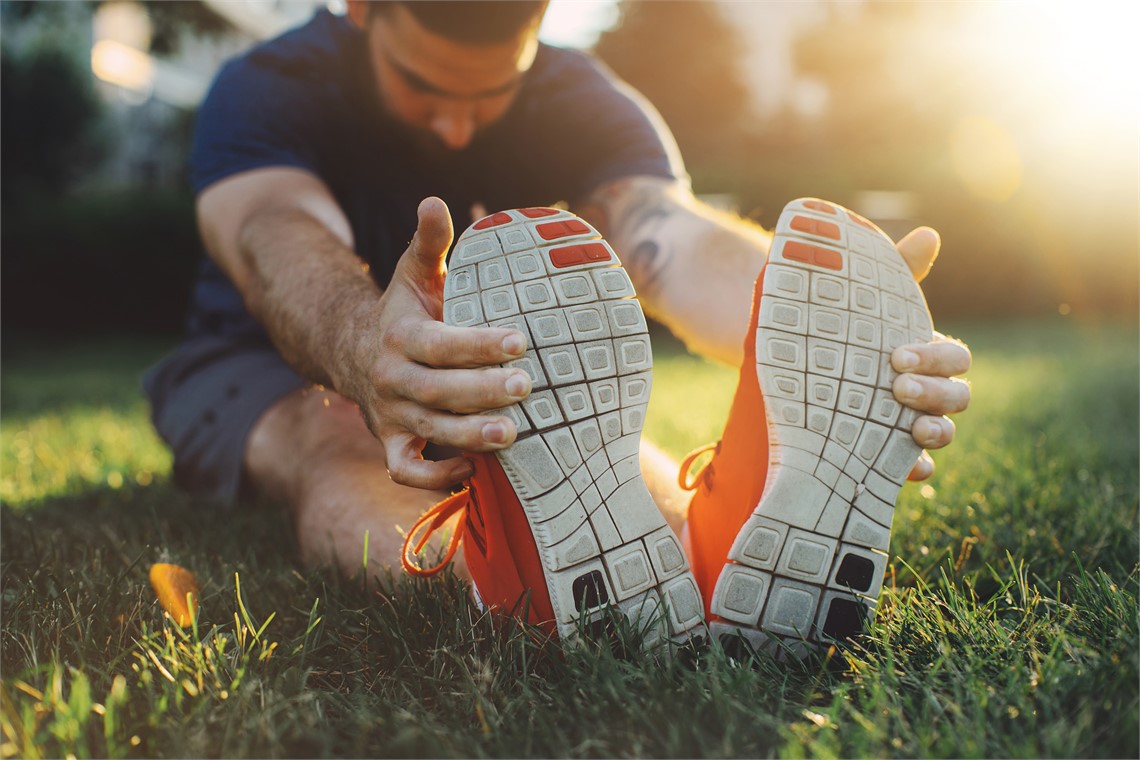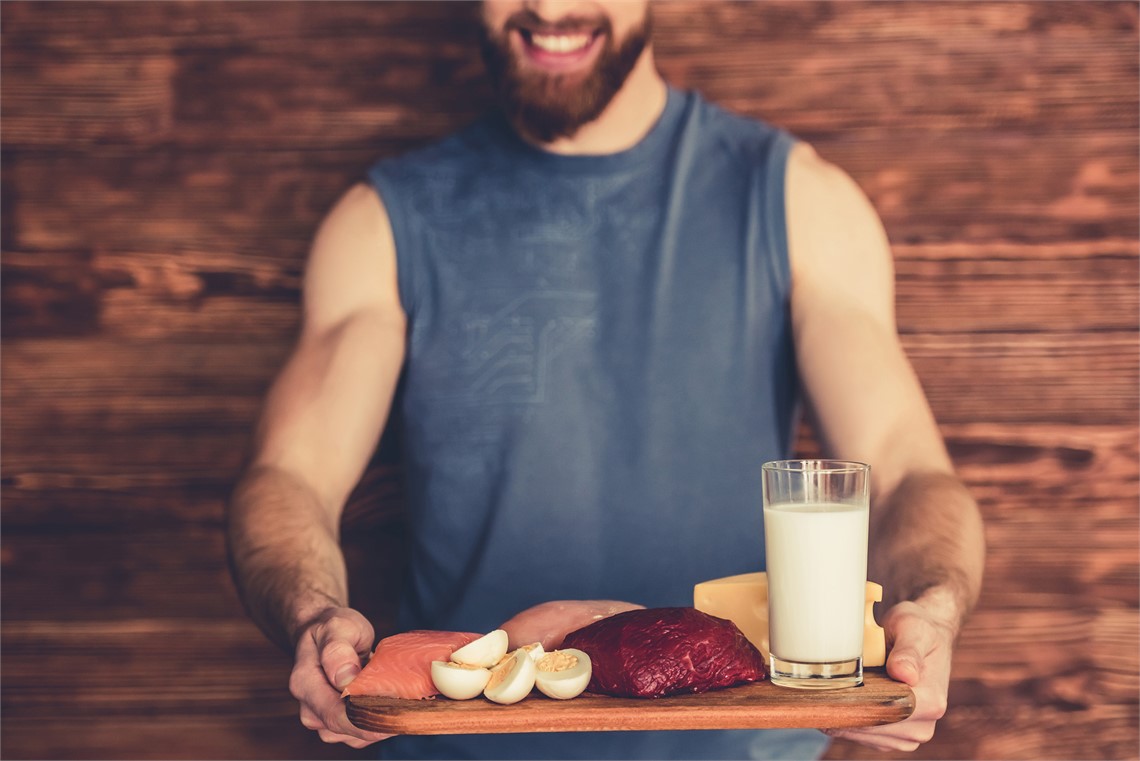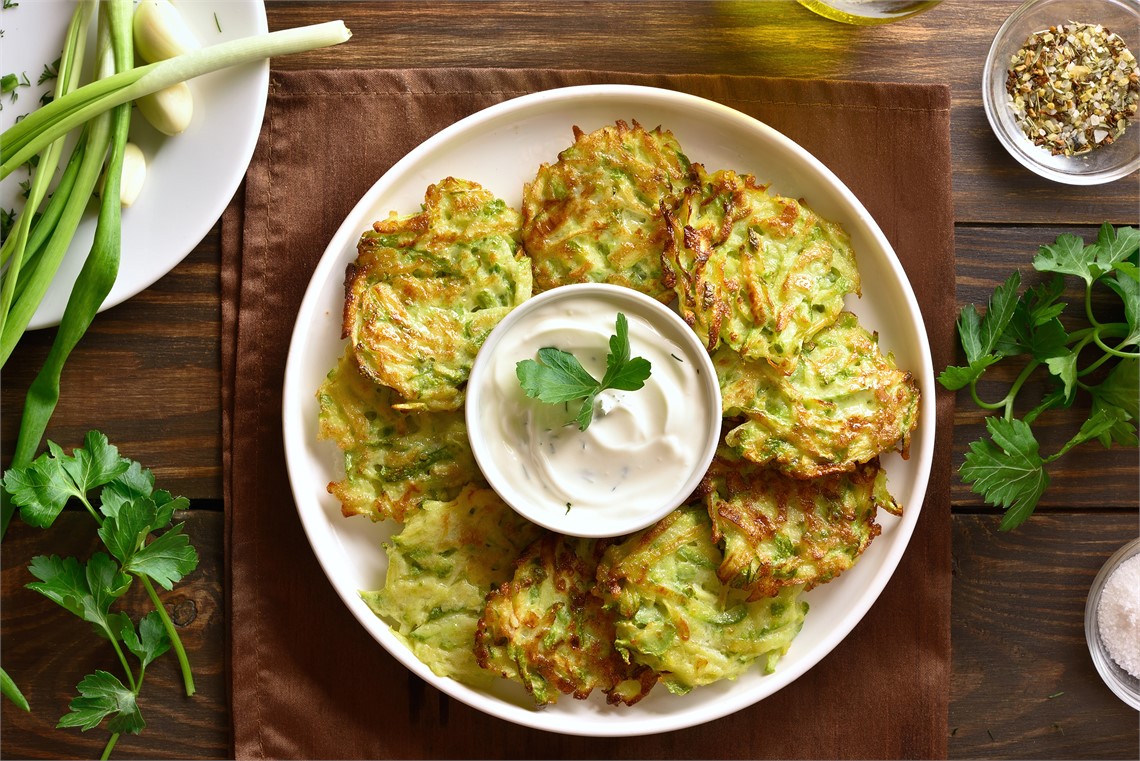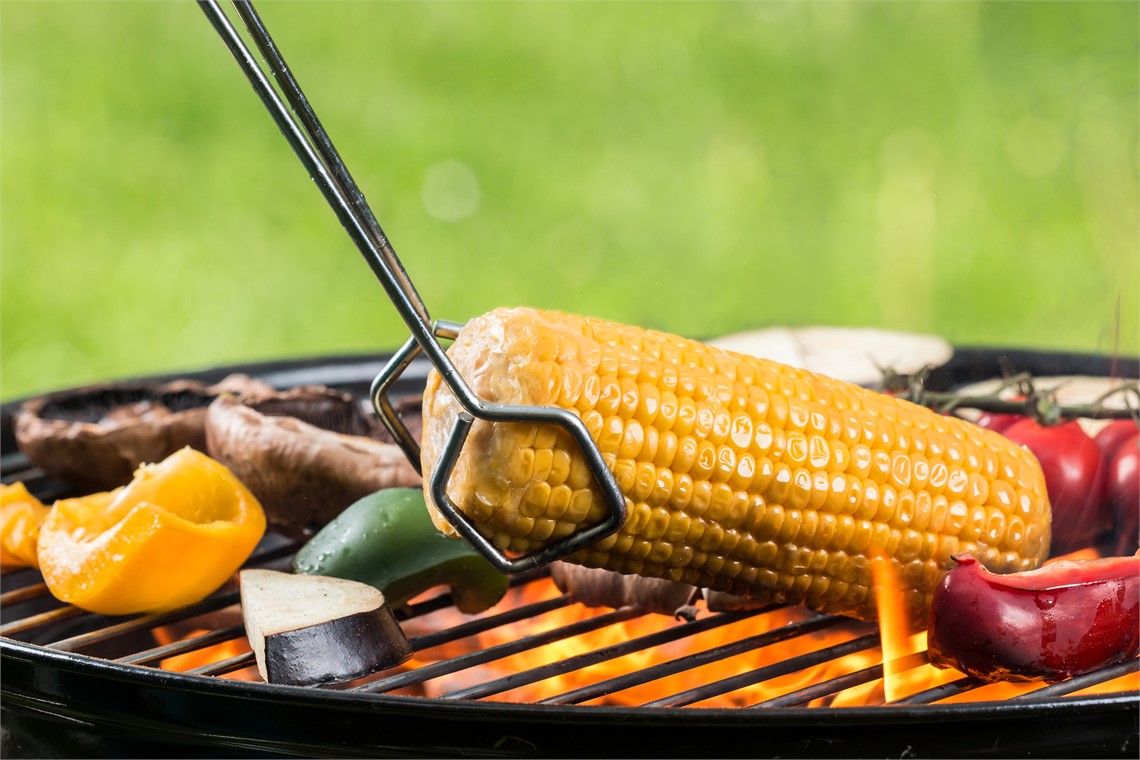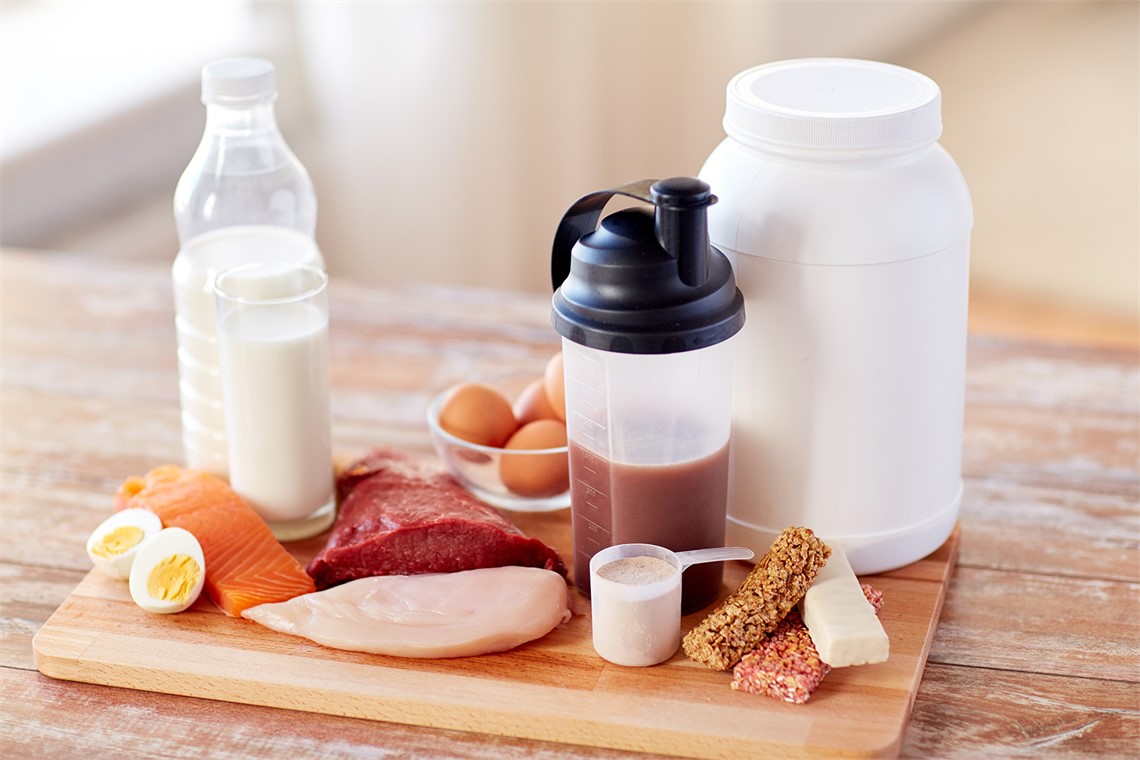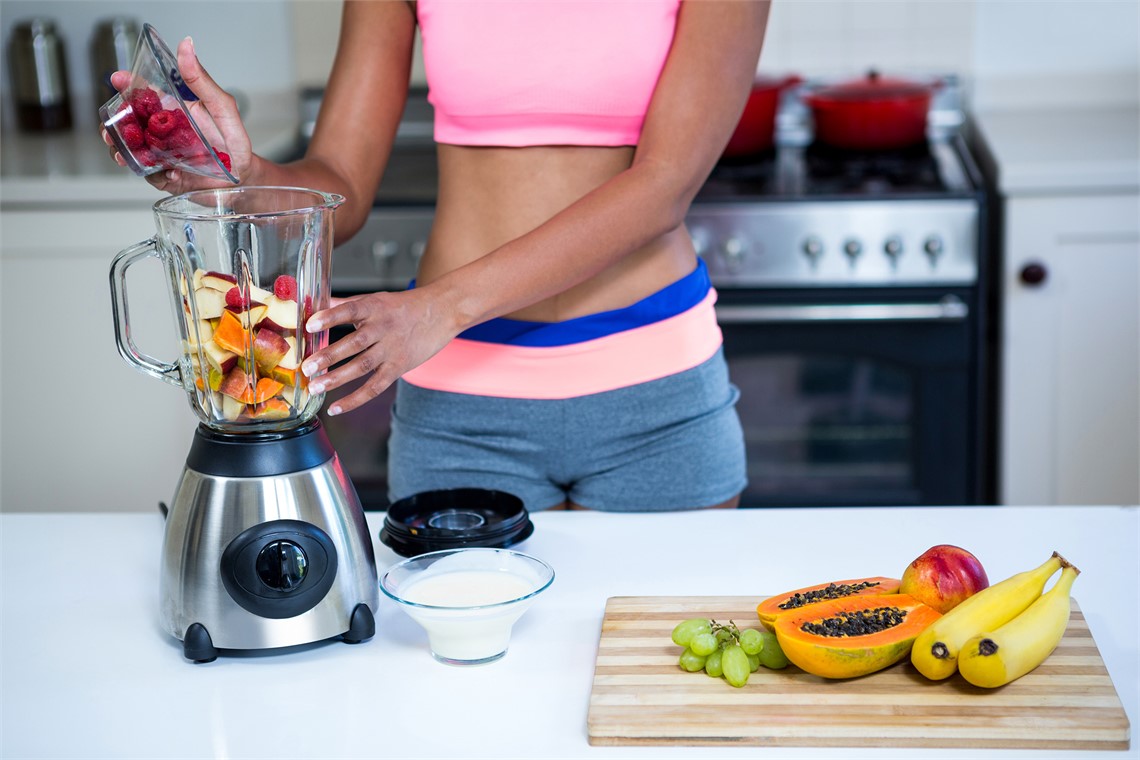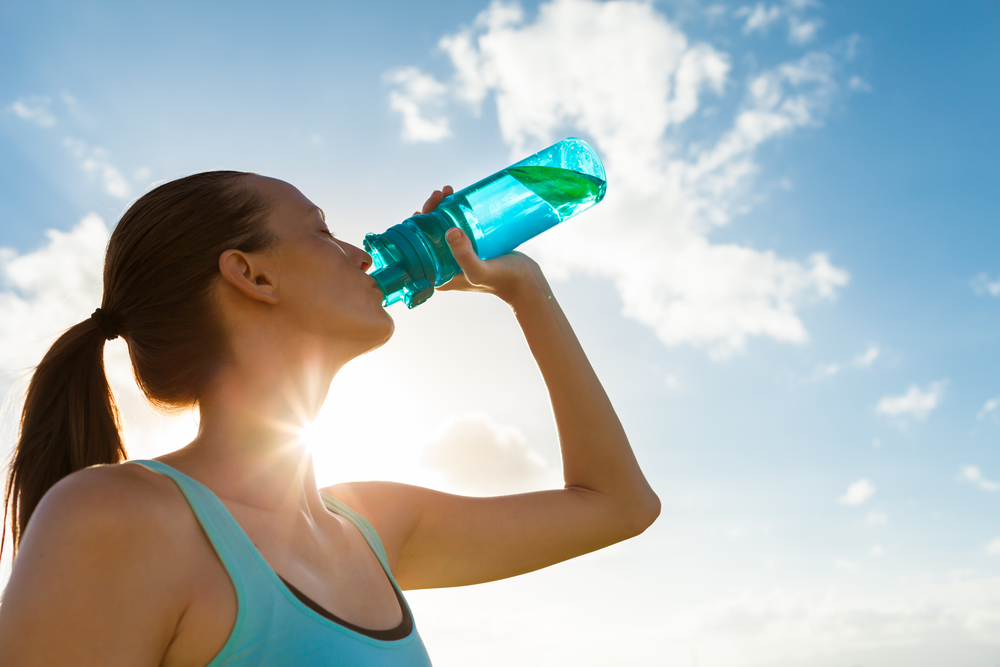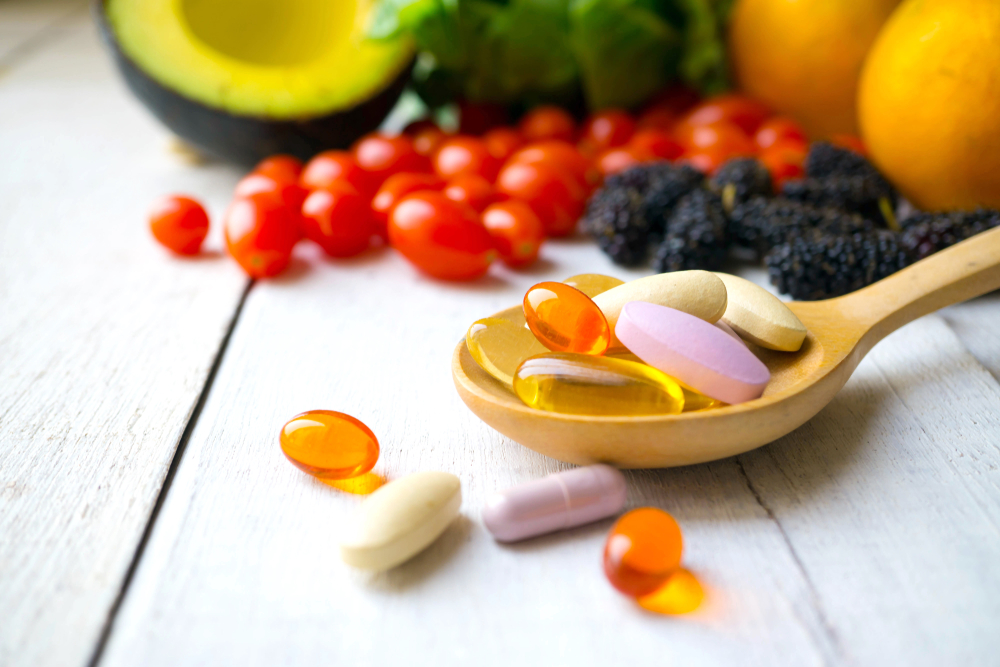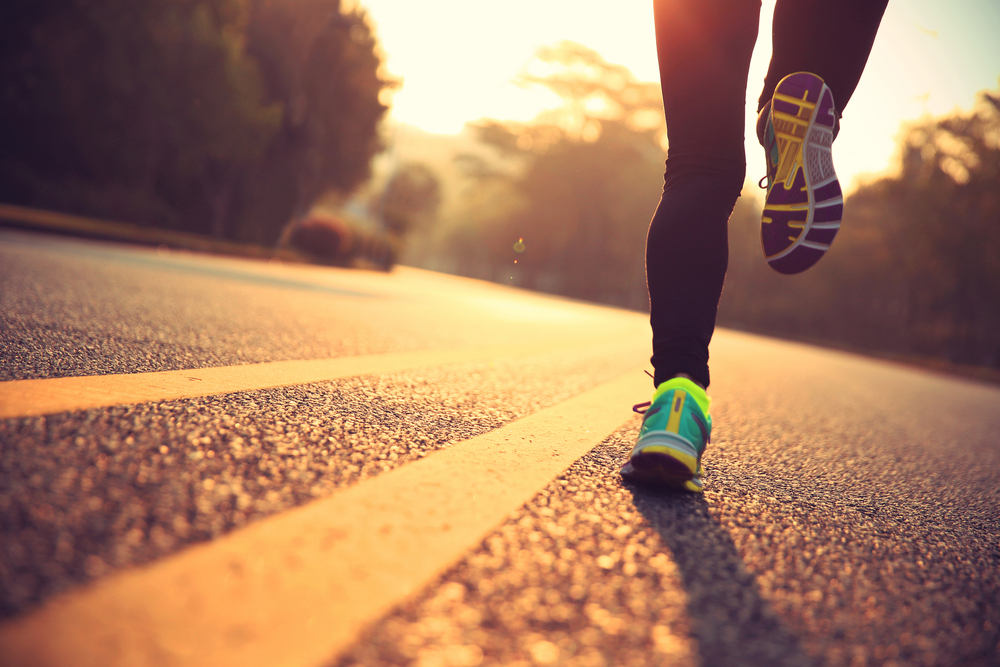A new trend in sports nutrition is the use of the natural energy supplements and boosters. Stimulants may have to give way to beetroot and coffee as the “go-to” pre-run boosters. Why not? They work, they are safe, and they taste better, as Fedhealth Dream Chasers dietician Andrea du Plessis explains.
Coffee
The benefits of coffee are related to caffeine.
- Endurance performance: Caffeine helps decrease fatigue perception thanks to its stimulating effects on the nervous system and energy metabolism. Where you would usually start feeling tired, caffeine may keep you energised for longer.
- Increase your alertness: Caffeine is a nervous system stimulant, known to support mental alertness. Caffeine is also known to stimulate muscle cell contractility, which benefits the muscle’s reaction time during high intensity exercise.
- Weight loss: Caffeine helps your body to utilise fat as an energy source, as it stimulates fat oxidation – the actual mobilisation (burning) of body fat reserves during exercise.
How much and how?
Take 2-3 cups strongly brewed coffee to meet the required dose of 150 – 300 mg. Instant coffee is unlikely to meet these levels, typically providing 30-80 mg caffeine per cup.
Use with caution:
- Too much caffeine can result in jitters, not ideal if fine motor control is critical to your sports performance.
- Individuals with hypertension and arrythmia should avoid caffeine or use it in moderation.
Did you know?
Research showed comparable benefits using coffee or a supplement with equal quantities of caffeine.
Recipes
Iced milky coffee frappe
Combine ice, strong coffee, milk, and sugar in a blender and pulse/puree until frothy and ice is pulverised. Taste and adjust sweetener if desired. Pour into a tall glass or jar and serve with a straw.
Iced black coffee frappe
Combine 200ml of strongly brewed chilled coffee (sweetened to taste), with 1 cup of ice cubes in a shaker or Tupperware container with a tight-fitting lid. Shake like crazy until the coffee foams. Serve in a tall glass over ice cubes.
Beetroot
- Fatigue resistance: Beetroot is a rich source of nitrate, which is converted by the body to nitrite and eventually to nitric oxide. Nitric oxide (NO) reduces the amount of oxygen needed for endurance performance, in other words, it takes less energy to exercise at high intensity. NO also supports blood flow, muscle contraction and neurotransmission, which influence exercise performance.
How much and how?
- 110 ml of beetroot juice hits the spot as it contains close to the desired 300mg of inorganic nitrates.
When is best to take it?
- Best results are achieved if taken 2 to 3 hours pre-exercise events of high intensity for 5-30 minutes.
- 65 grams of rocket leaves is a great alternative, in fact, a rocket salad with raw beetroot may just be the best way to push up your NO levels in the absence of a juice extractor.
Recipe
- 2 cups of rocket leaves (50 grams) + 50 grams raw beetroot (grated or thinly sliced) provide the required 300mg of inorganic nitrate.
- Combine washed rocket leaves with beetroot on a large plate. Sprinkle with toasted pumpkin seeds and crumble some feta cheese over for a delicious, nutritious salad. Dress with balsamic reduction.
Did you know?
In comparison to beetroot juice, there are some other great sources of inorganic nitrates, listed here in descending order of content per 100 grams:
Rocket leaves: 480mg
Beetroot juice: 280mg
Rhubarb: 280mg
Coriander leaves: 250mg
Butter lettuce: 200mg
Basil: 183mg
Beet greens: 177mg
Swiss chard: 150mg
Raw beetroot: 110mg
*Cooking beetroot is known to reduce the available inorganic nitrates.
For more information, visit capetownmarathon.com or for any nutrition related questions, contact Andrea du Plessis on 084 403 6018, email andreaduplessis28@gmail.com or go to www.facebook.com/andreaduplessis.nutrition.expert




